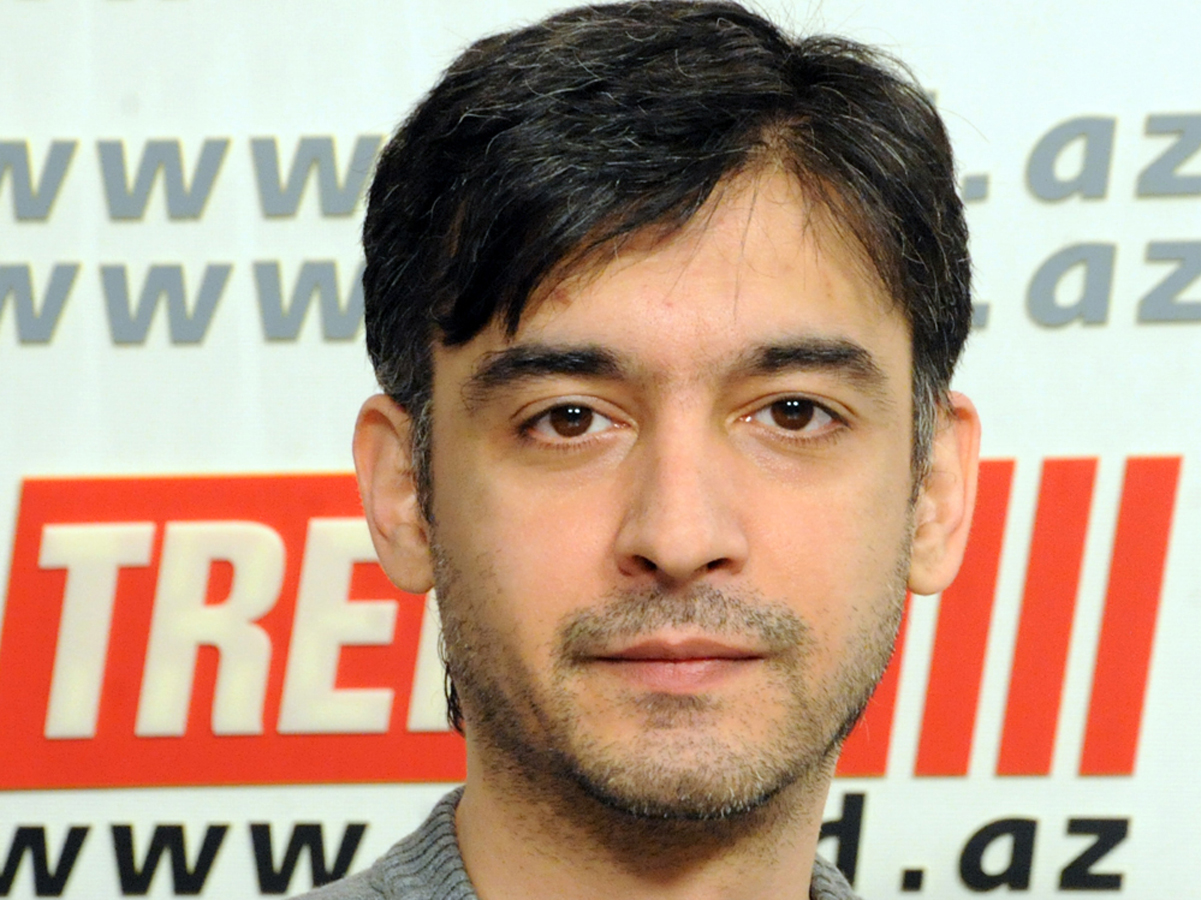Baku, Azerbaijan, June 30
By Umid Niayesh - Trend:
Today is June 30, the last day of imposed deadline for nuclear stand-off between Iran and the P5+1. Both sides say that it is still too soon to tell if a nuclear deal is possible.
It seems the talks will continue for at least a few days as happened on April 2 in Lausanne, while both sides have rejected long-term extensions of the negotiations.
Iran's foreign minister, Mohammad Javad Zarif who left Vienna for Tehran, will join talks again today. Ali Akbar Salehi, head of Iran's atomic agency will also accompany him, which is meaningful according to the experts.
Some analysts believe that Salehi's participation in the final round of talks who headed Iran's expert team in talks to Lausanne framework deal, shows the Islamic Republic's serious desire to achieve a comprehensive nuclear deal.
Salehi also is known as being close to Iran's Supreme Leader, Ayatollah Ali Khamenei, the man who has the final word on important matters in the Islamic Republic.
Only one week before the nuclear deadline Khamenei made a disputed speech, outlining new redlines for nuclear talks which seem to undercut several parts of the already reachedLausanne framework deal.
He ruled out freezing a sensitive nuclear work in the country for a long time and said sanctions imposed on it should be lifted as soon it reaches a final deal with the P5+1(the US, UK, France, Russia, China, and Germany).
Khamenei argued that lifting sanctions should not be linked to the time of verifying Iran's commitments by the international inspectors. He also noted that the period of implementation of nuclear agreement shouldn't be 10-12 years, but much shorter and repeated his refusal to allow inspections of Iranian military sites.
Meanwhile, according to a fact sheet released by the White House, the Lausanne deal will have Iran to go through inspections of its sensitive nuclear work for the next 10-15 years since the moment of signing the deal.
The deal also underlines that Iran will be required to grant IAEA the access to investigate suspicious sites anywhere in the country.
While the US officials announced that they would not be baited into a public debate withIran's Supreme leader, some experts believe that Khamenei's public speeches and statements are not necessarily reflecting his exact stance towards the nuclear issue.
Considering the fact that the supreme leader always participates in setting the agenda of nuclear talks as the country's negotiators say, the Lausanne deal would not be possible without Khamenei's agreement.
However one week after the deal Khamenei said he is not neither against, nor in favor of theLausanne deal. He also refused determining the details of the nuclear talks, saying he only outlines the redlines.
Alongside with his new redlines Khamenei also gave green light to negotiators in his last week's speech, something that is neglected under the shadow of redlines.
He said that however he is not against criticisms towards the country's nuclear team, but critics should understand that "some necessities" lead the negotiators towards some disputed steps.
It will not be exaggerated if we say that Iran's fate now depends on the decision of Ayatollah Ali Khamenei, the Islamic Republic's most powerful person.
He can make a hard political decision, considering "the necessities", and choose cooperating with the global community, seeking an end to tensions with other states and repairing ties with entire world, or he can close the doors, saying that he was already right forecasting "the talks will not lead anywhere."
Umid Niayesh is Trend Agency's staff journalist, follow him on Twitter: @UmidNiayesh







